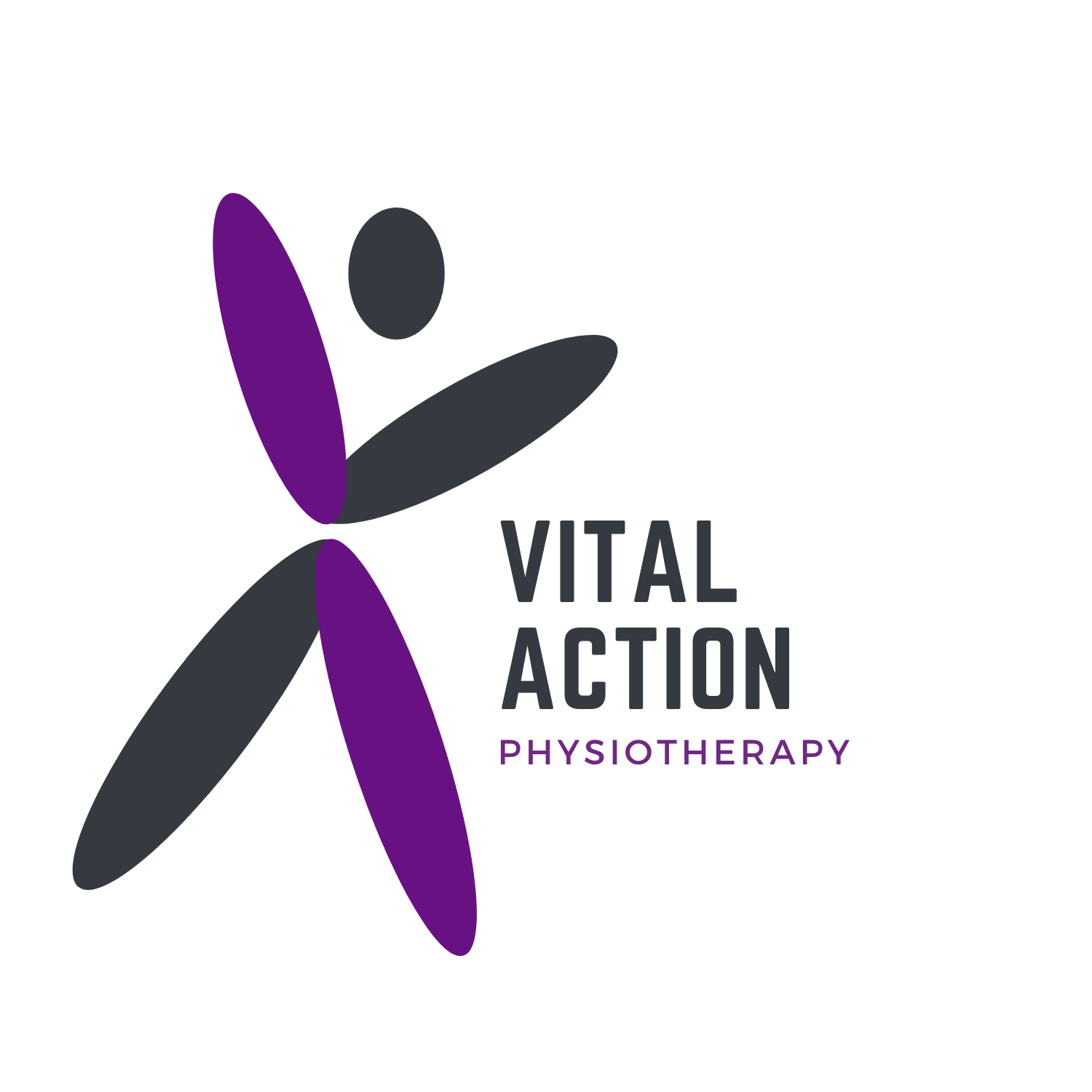Recover Stronger: A Comprehensive Guide to Injury Recovery
Recovering from an injury can be a challenging journey, both physically and mentally. Whether you're an athlete striving to get back in the game, someone who has suffered an accident, or simply dealing with the effects of wear and tear, the process of recovery can be daunting. However, with the right approach, it's possible to come back stronger than ever. In this blog, we will explore key principles and strategies for a successful injury recovery.
Patience and Positivity
The road to recovery often requires a great deal of patience and a positive mindset. Understand that healing takes time, and it's crucial to remain optimistic throughout the process. Staying focused on your goals and maintaining a positive attitude can significantly impact your recovery.
Consult a Healthcare Professional
The first step in any injury recovery plan is to consult a healthcare professional. They can accurately diagnose the injury, recommend appropriate treatment, and create a tailored rehabilitation plan. Follow their advice diligently and communicate any concerns or changes in your condition.
Rest and Protection
Rest is crucial during the early stages of recovery. It allows your body to heal and repair itself. Depending on the injury, your healthcare provider may suggest immobilization with a brace, splint, or crutches. These measures protect the injured area and prevent further damage.
Physical Therapy
Physical therapy plays a vital role in the recovery process. A physical therapist can create a personalized exercise program to help you regain strength, flexibility, and function. These exercises can speed up the healing process and reduce the risk of future injuries.
Nutrition and Hydration
A well-balanced diet is essential for healing. Ensure you're getting adequate protein, vitamins, and minerals to support tissue repair. Staying properly hydrated also aids in the recovery process and can help reduce inflammation.
Pain Management
Managing pain is an important part of recovery. Your healthcare provider may prescribe pain medications or recommend non-pharmacological methods such as ice or heat therapy. Follow their guidance and communicate any changes in pain levels.
Sleep and Stress Management
Quality sleep is when your body does most of its healing and repair work. Ensure you get enough rest to support your recovery. Additionally, managing stress is crucial, as high stress levels can slow down the healing process. Relaxation techniques, meditation, and mindfulness can help in this regard.
Gradual Return to Activity
As your recovery progresses, work closely with your healthcare provider to determine when and how you can safely return to your regular activities. Going too fast or too hard can lead to setbacks or reinjury. A gradual approach is key.
Set Realistic Goals
It's essential to set realistic goals during your recovery journey. Break your overall goal into smaller, achievable milestones. This not only keeps you motivated but also allows you to monitor your progress.
Seek Support
Recovering from an injury can be emotionally taxing. Don't hesitate to seek emotional support from friends, family, or a mental health professional if needed. Sharing your concerns and fears can make a significant difference in your overall well-being.
Injury recovery is a process that requires time, dedication, and a positive mindset. By following these principles and working closely with healthcare professionals, you can make a strong and successful comeback. Remember, each individual's journey is unique, and it's essential to listen to your body, adapt as needed, and stay focused on your long-term well-being. With the right approach, you can recover stronger and more resilient than ever before.


